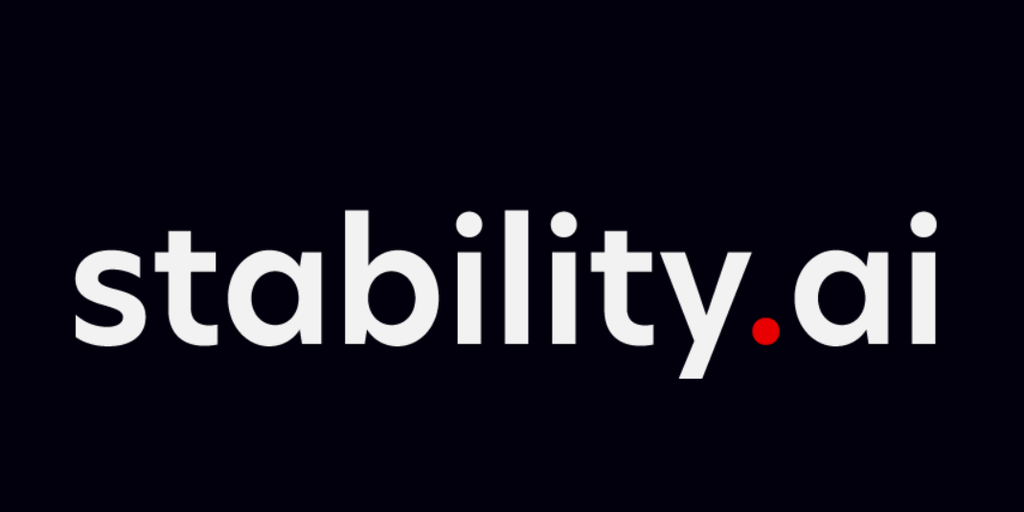AI🌈Tuesday Breakthrough: Gmail's Gemini Launch, Apple-Meta Privacy Clash, OpenAI's Multi Acquisition, Stability AI's CEO Change
1. Gmail introduces Gemini AI sidebar and email summaries.
2. Apple backs out of Meta AI integration due to privacy issues.
3. OpenAI acquires Multi for remote collaboration.
4. Stability AI undergoes restructuring with a new CEO.
Stay tuned for deeper insights!👁🗨
In the fast-evolving landscape of artificial intelligence, today brings forth a cascade of developments that illuminate both promise and challenge. Let's delve into these updates that promise to redefine how we interact with technology, navigate privacy concerns, and foster collaborative innovations in the realm of AI. Join us as we unravel the latest breakthroughs and their implications in this ever-advancing field.
1. Gmail introduces Gemini AI sidebar and email summaries.
Gmail is rolling out new AI features with the Gemini side panel, which can summarize email threads and draft new emails. Available for web and mobile, these tools offer proactive prompts and freeform questions using Google’s Gemini 1.5 Pro model. However, access is limited to Google Workspace customers with a Gemini add-on or Google One AI Premium subscribers. While these features enhance productivity, users should double-check important emails due to potential AI errors. Additionally, Gemini tools are now in Docs, Sheets, Slides, and Drive, following Google's I/O announcement.
/cdn.vox-cdn.com/uploads/chorus_asset/file/23954508/acastro_STK459_10.jpg)
2. Apple backs out of Meta AI integration due to privacy issues.
Apple has decided not to integrate Meta's AI models into its devices due to privacy concerns. Despite brief talks in March, Apple shelved the idea, citing potential damage to its image given Meta’s controversial privacy practices. Instead, Apple has released its own suite of AI features under the Apple Intelligence brand and partnered with OpenAI and Google for AI integration. Meanwhile, Meta will focus on leveraging its own platforms like Instagram, WhatsApp, Facebook, and Messenger. This move ensures Apple's commitment to user privacy while still expanding its AI capabilities.

3. OpenAI acquires Multi for remote collaboration.
OpenAI expands with acquisitions of Rockset and Multi, focusing on enhancing AI capabilities. Multi's team joins OpenAI's ChatGPT desktop efforts, marking strategic growth. Meanwhile, Apple opts against Meta's AI integration due to privacy concerns, aligning instead with OpenAI and Google partnerships. These moves underscore evolving strategies in the AI landscape.

4. Stability AI undergoes restructuring with a new CEO.
Stability AI has appointed Prem Akkaraju as CEO amid financial challenges and leadership changes. The company, known for its image generation platform Stable Diffusion, is grappling with significant debt, recent layoffs, and controversy surrounding its SD3 model. Despite achieving a $1 billion valuation in 2022, Stability AI reported less than $5 million in Q1 2024 revenue and substantial losses. The appointment of Akkaraju, a former CEO of Weta Digital, signals a strategic shift to navigate these turbulent times and regain stability in the competitive AI industry.

As we conclude our exploration of today's AI breakthroughs, it's clear that the landscape is evolving rapidly. From Gmail's AI-enhanced productivity tools to the strategic moves of giants like Apple and OpenAI, these developments shape the future of technology and society. The journey ahead promises both challenges and opportunities, from navigating privacy concerns to fostering collaborative innovation. As we look forward, it's essential to stay informed and engaged with these advancements, understanding their impact on our lives and the broader technological landscape. Thank you for joining us on this insightful journey through today's AI updates. Stay tuned for more transformative insights ahead!









